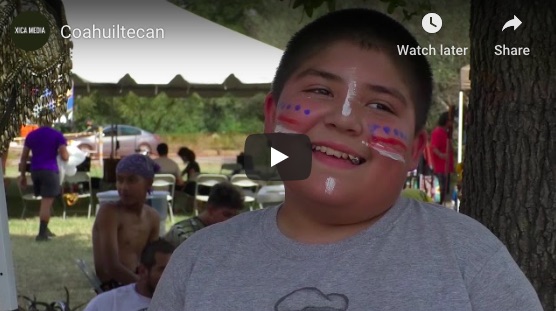Depending on what calendar you’re using and what city you are living in, you may or may not see today marked as Indigenous Peoples Day. A few years ago, Austin City Council voted to honor Native and Indigenous People by replacing Columbus Day at City Hall with Indigenous People’s Day, a move that follows the example of changes made by 14 states and over 130 cities across the country dating back to the 1970s.
Likewise, land acknowledgments are becoming more common to promote inclusion in our work and spaces. Here is the ARL Land Acknowledgement that Dr. Haricombe used as the basis for the Land Acknowledgement at the beginning of last week’s All Staff Meeting.
For this blog post, we would like to acknowledge and honor the Carrizo & Comecrudo, Coahuiltecan, Caddo, Tonkawa, Comanche, Lipan Apache, Alabama-Coushatta, Kickapoo, Tigua Pueblo, and all the American Indian and Indigenous Peoples and communities who have been or have become a part of the lands and territories in Texas.
This day and what it means for all Americans deserves and requires much more space and consideration than I (unfortunately) am able to give it in this blog post. So I encourage everyone to take some time today to use the resources below as a launching point for your own search into learning more about how to honor indigenous people and acknowledge the violent colonial history that continues to negatively impact Native American and Indigenous people.
Resource Highlights
Tribal Land Map – learn about the indigenous peoples of the land on which you live and work
Five Ideas for Celebrating Indigenous Peoples’ Day 2020, Smithsonian National Museum of the American Indian
Eason, A., Pope, T., Becenti, K., & Fryberg, S. (2020). Sanitizing history: National identification, negative stereotypes, and support for eliminating Columbus Day and adopting Indigenous Peoples Day. Cultural Diversity & Ethnic Minority Psychology.
10 Ways to be a Genuine Ally to Indigenous Communities, Amnesty International
Consider supporting an Indigenous organization, like the local nonprofit Indigenous Cultures Institute.

See other reading recommendations from last year’s Native American Heritage Month post by Andres Ramirez.
Let us know what you’re reading and learning in the comments!
